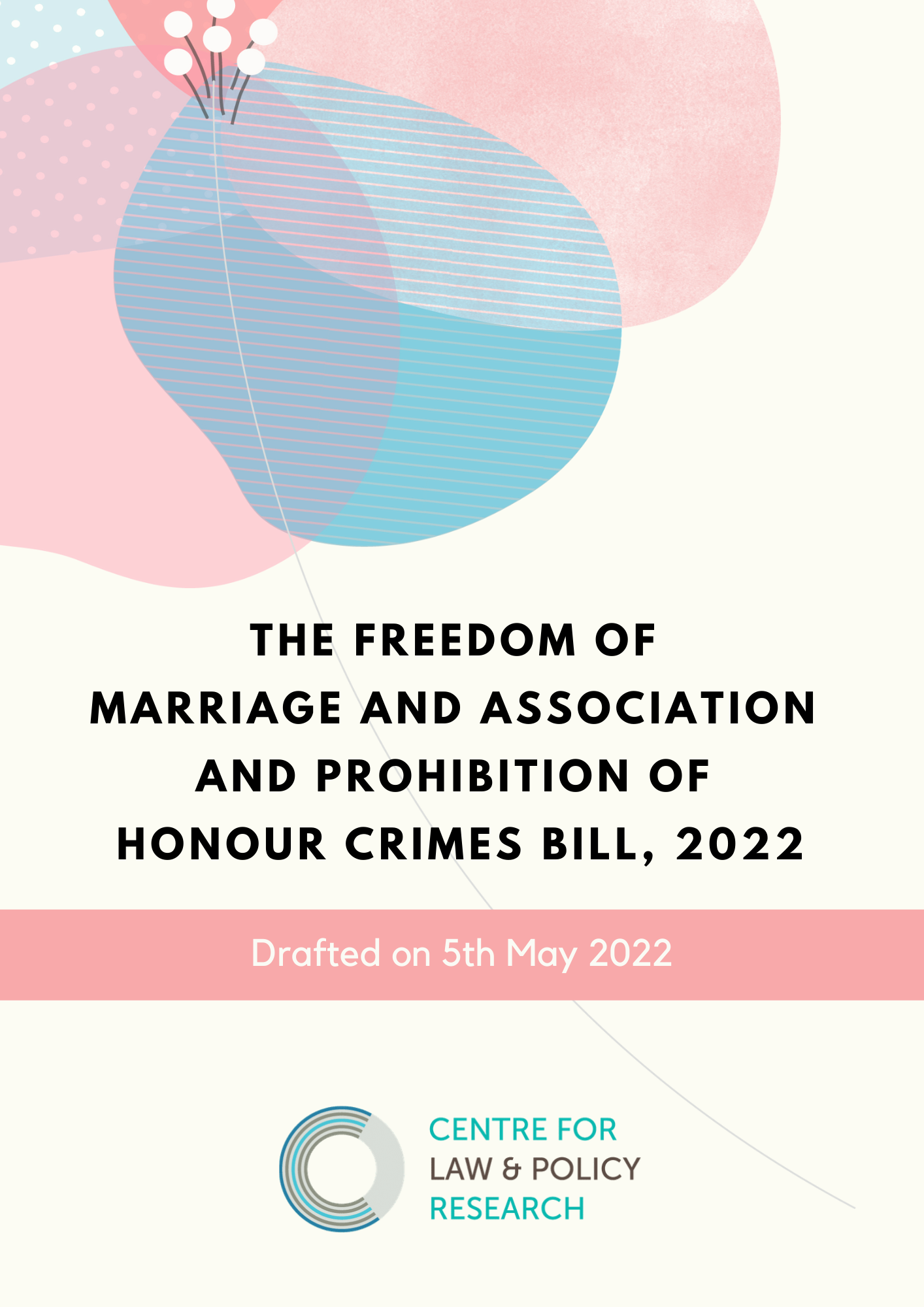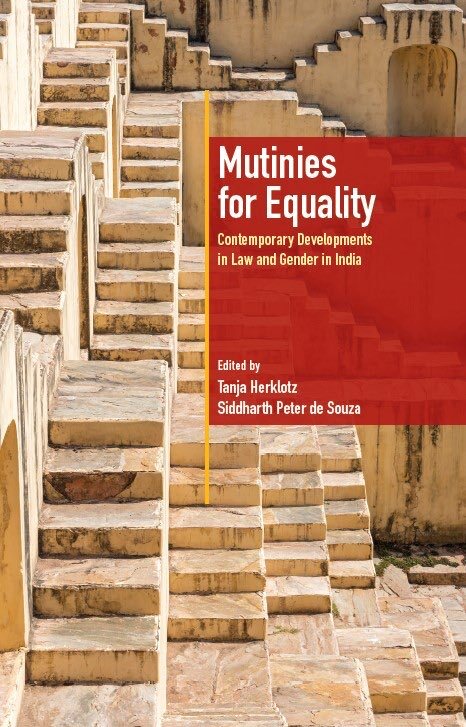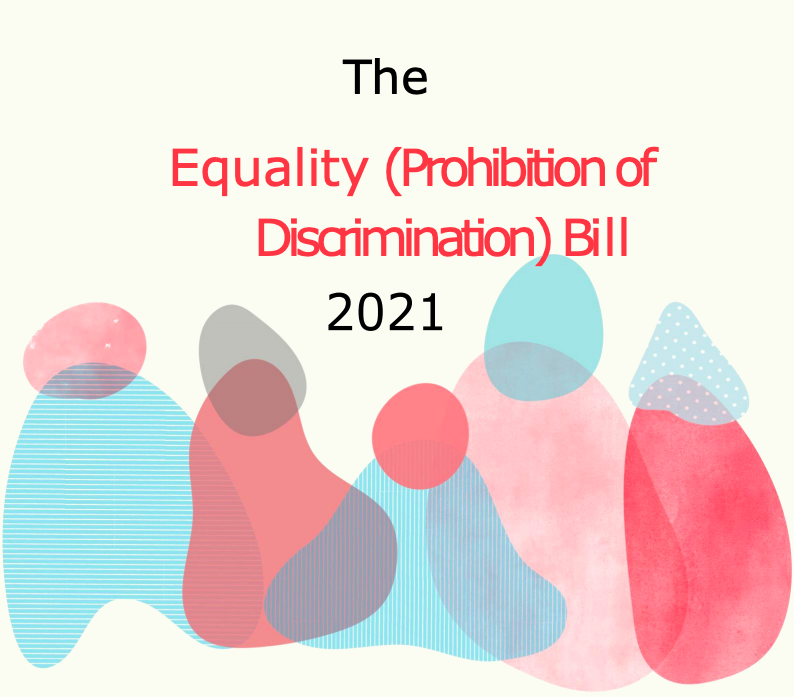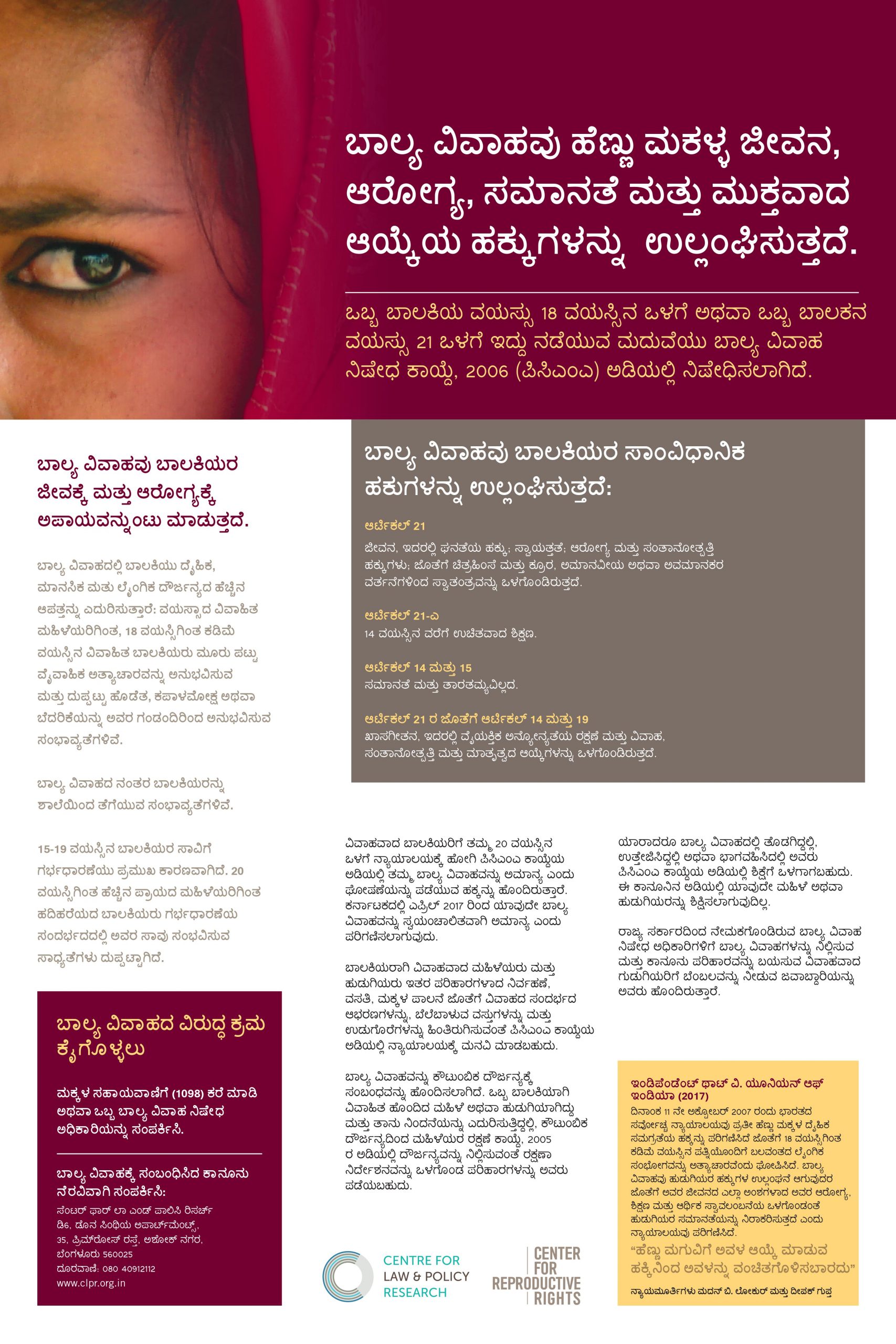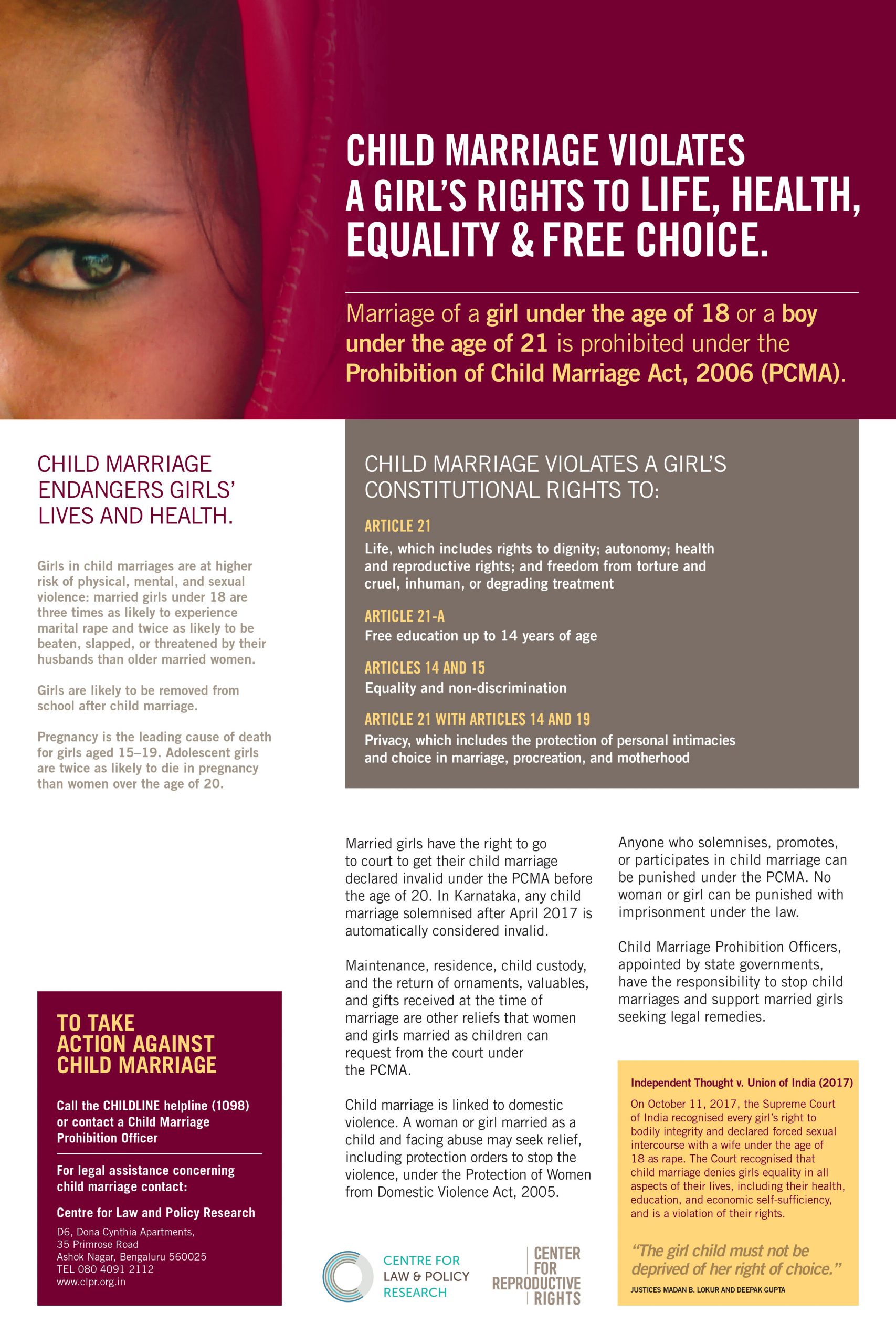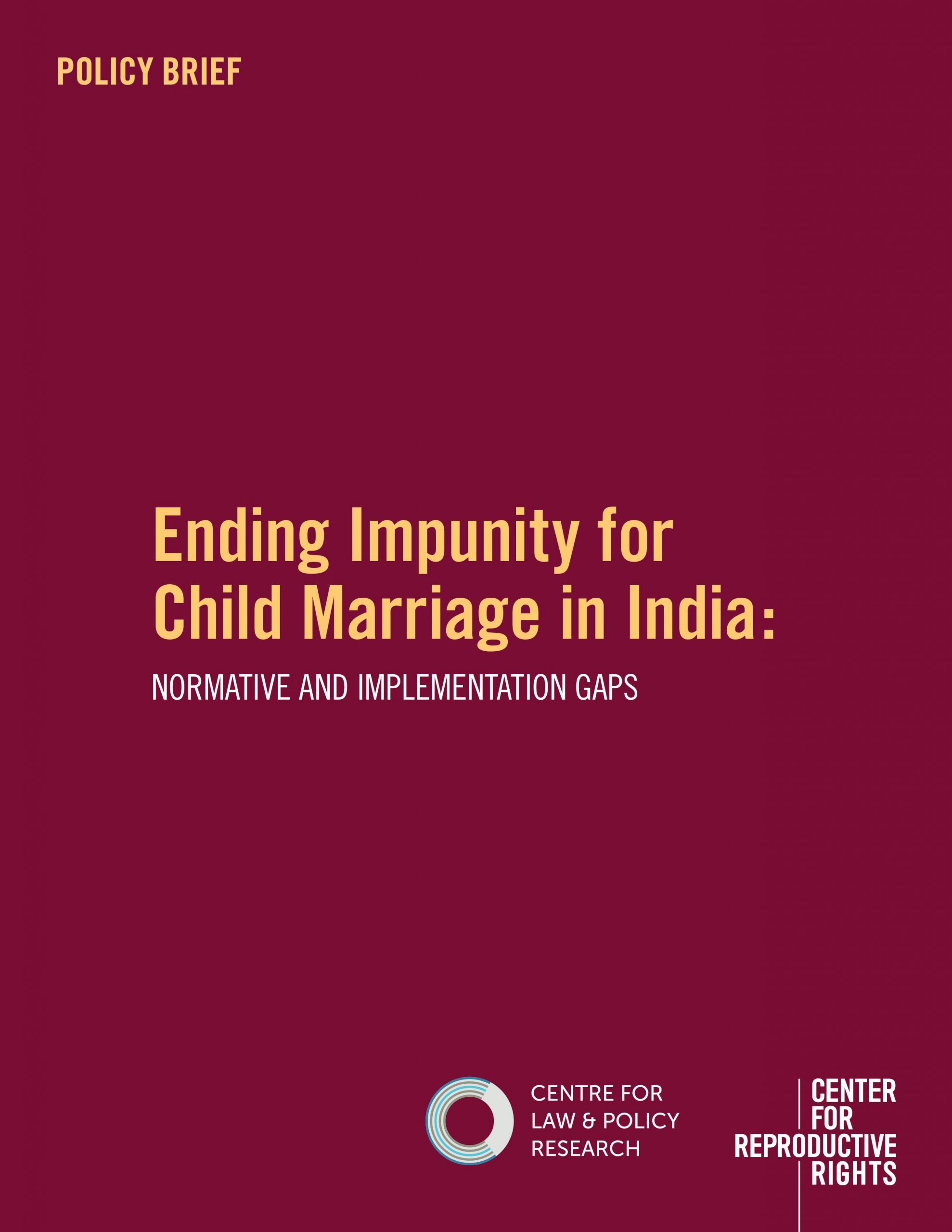Petitioner Karnataka Federation of Women Lawyers (KFWL) filed a special leave petition on January 17,…
The petitioner, a member of the transgender community, has filed a writ petition before the Supreme Court of India, challenging Sections 2(r) and 2(s) of the Surrogacy (Regulation) Act, 2021. Listed alongside connected matters, the petition contends that the Act prohibits single unmarried women and transgender people to opt for the surrogacy procedure. Claiming that the procedure could only be practiced by an “intending couple” or an “intending woman”, the Act stands violative of the fundamental rights under Article 14, 15, and 21 of the Constitution of India.
CLPR on behalf of the petitioner trust, Aweksha Women’s Charitable Trust, has filed a Public Interest Litigation under Article 32 of the Constitution of India. It challenges Exception 2 of Section 63 of the Bharatiya Nyaya Sanhita, 2023, which exempts rape in the context of marriage. It is argued that the provision violates Articles 14, 15(1) and 21 of the Constitution of India.
CLPR on behalf of Women’s Voice, an organization which works specifically for rights of marginalized women filed a Special Leave Petition in the Supreme Court challenging the order dated 15.03.2022 passed by the Hon’ble High Court of Karnataka in Writ Petition No. 2347 of 2022. The Judgment not only held that the wearing of Hijab by Muslim women does not form a part of essential religious practice in Islamic faith, but also that the prescription of school uniforms which prohibit head scarves is a reasonable restriction and that it does not violate Articles 14, 15, 19(1)(a), and 21 of the Constitution of India, and that the Government Order dated 05.02.2022 which prohibits head scarves in universities is valid


